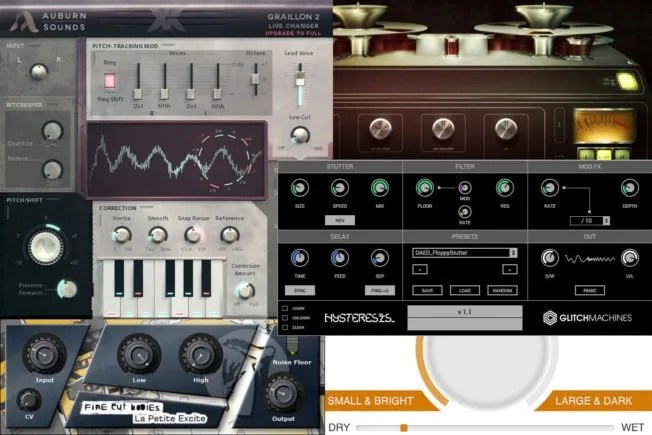Now Reading: Law Firms Seek Class Certification in Live Nation Lawsuit
-
01
Law Firms Seek Class Certification in Live Nation Lawsuit
Law Firms Seek Class Certification in Live Nation Lawsuit


Photo Credit: Kilian Seiler
Major law firms are once again pushing for class certification in a high-stakes lawsuit centering on the alleged anticompetitive business practices of Live Nation and its Ticketmaster subsidiary.
Attorneys with Quinn Emanuel Urquhart & Sullivan as well as Keller Postman just recently asked the court for class certification in the complaint, which technically dates back to 2022.
However, 2020 saw Quinn Emanuel represent clients in a similar-but-distinct case. Long story short, an appellate court sent that suit back to arbitration in 2023, we reported.
But in the 2022 action, the plaintiffs maintained that Live Nation and Ticketmaster had “since updated their arbitration agreement in ways that renders it unenforceable.”
Fast forward past multiple twists and turns to October 2024, when the Ninth Circuit then upheld a district court ruling rejecting Ticketmaster’s attempt to compel arbitration via “an arbitrator employed by a newly created entity, New Era ADR, using novel and unusual expedited/mass arbitration procedures.”
Letting the October ruling’s summary take the wheel in the interest of brevity, the relevant “panel held that the delegation clause of the arbitration agreement, and the arbitration agreement as a whole, were unconscionable and unenforceable under California law.”
For a company (Live Nation) that’s faced and is facing a number of suits from ticked-off consumers, the development was, of course, significant. (The promoter moved forward with a Supreme Court petition as well.) With Live Nation/Ticketmaster lacking “the shield of an enforceable arbitration agreement,” The Columbia Journal of Law & the Arts summed up, “it seems the plaintiffs are free to bring their antitrust case.”
Enter the initially mentioned attempt to secure class certification, with a related hearing scheduled to take place on the morning of December 4th.
Closer to the present, the filing largely recaps the alleged consumer harm resulting from the practices of Live Nation and Ticketmaster.
Admittedly, as recent years have delivered more than a few qualms with and suits against the defendants – not to mention an ongoing DOJ antitrust action looking to split Ticketmaster from Live Nation – the underlying arguments don’t exactly break new ground.
“To backstop their exclusive dealing,” the legal text reads in part, “Defendants have leveraged their dominance in concert promotion to coerce venues into exclusive ticketing deals with Ticketmaster. Major venues rely on concert promoters to rent their space and sell tickets. Defendants exploit this dependence by tying Ticketmaster’s services to Live Nation-promoted concerts.”
And ultimately, this alleged misconduct caused class members – those who bought tickets in or after 2010 and therefore coughed up “associated primary ticketing fees for an event at a major concert venue” – to pay more than they would have in “a competitive market,” per the document.
Live Nation and Ticketmaster “used their decade-plus monopoly to raise prices, stifle competition and output, and degrade service quality by squashing rivals and innovation—impacts that each class member felt,” the filing drives home.
It’ll be worth tracking the push for class certification moving forward. Right now, discovery is ongoing, and the plaintiffs’ counsel reiterated plans to prove their arguments with (among other things) testimony from Live Nation/Ticketmaster, competitors, and “market participants” to boot.























